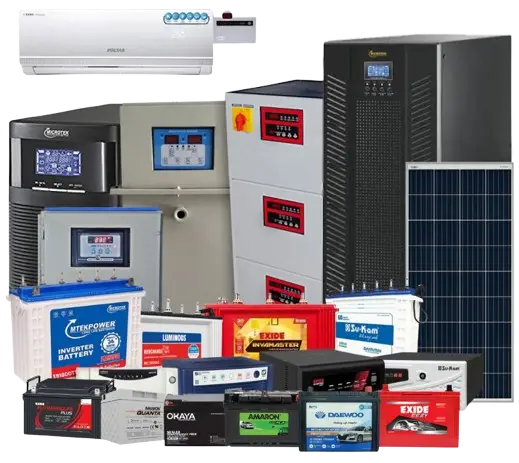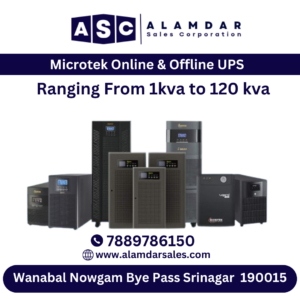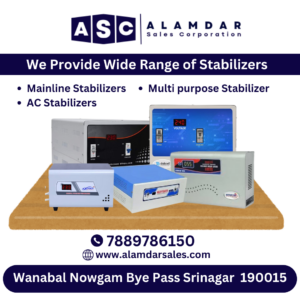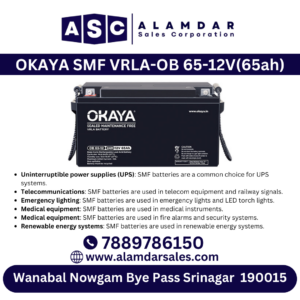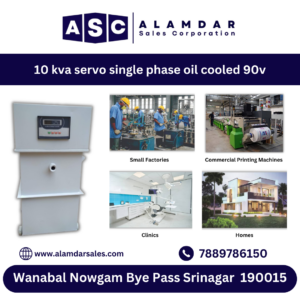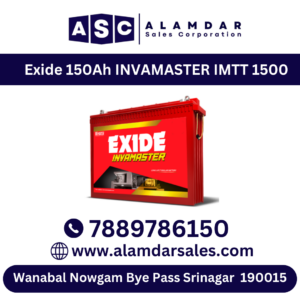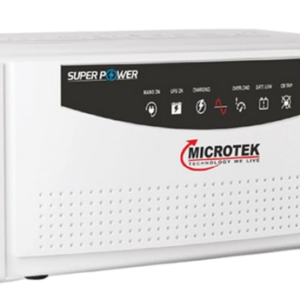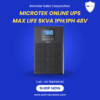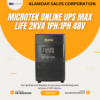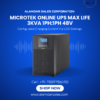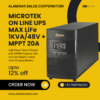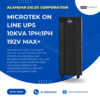Lithium Ion or Lead Acid: Which Battery Is Right for You?
Choosing the right battery for your needs can be tricky, especially when deciding between lithium ion or lead acid options. Both types have unique benefits depending on your energy requirements, budget, and maintenance preferences. Lithium ion batteries are known for their high energy efficiency, typically operating between 90 and 95 percent. This means they lose less power during charging and discharging compared to lead acid batteries, which generally offer efficiency levels between 70 and 85 percent. If energy savings are a priority, lithium ion batteries are often the better choice. You can read more about battery efficiency here.
When it comes to lifespan, lithium ion batteries usually last for over 5,000 charge cycles, significantly outlasting lead acid batteries that tend to last around 300 to 500 cycles. This longer lifespan means fewer replacements and less downtime, which is particularly valuable for applications requiring reliable, long-term power. For more detailed info, check out this battery cycle life comparison.
Maintenance is another important factor. Lead acid batteries require regular upkeep, such as checking electrolyte levels and cleaning terminals, which can be time-consuming and inconvenient. In contrast, lithium ion batteries are mostly maintenance-free, offering a hassle-free experience that appeals to many users.
Weight and size also differ considerably between the two. Lithium ion batteries are much lighter and more compact, making them suitable for mobile setups or situations where space is limited. Lead acid batteries, on the other hand, tend to be bulkier and heavier, which can restrict their use in some applications.
While lead acid batteries have a lower upfront cost, they contain toxic materials that require careful disposal. Lithium ion batteries come with a higher initial price tag but tend to be more environmentally friendly over their lifespan. For those concerned about ecological impact, you can read more about battery recycling and environmental effects on the EPA website.
In summary, if you want a battery that is efficient, long-lasting, and low-maintenance, lithium ion technology is generally the better option. However, if you are on a tight budget and don’t mind periodic upkeep, lead acid batteries may serve your needs well. To make the best choice for your specific situation, it’s always a good idea to consult with experts. For personalized advice and reliable products, contact Alamdar Sales at +91 7889 786 150 or via email at [email protected]. You can also visit their office opposite Jamia Masjid Wanabal, Nowgam, Srinagar, or check out their website at www.alamdarsales.com.
Ultimately, deciding between lithium ion or lead acid batteries depends on weighing factors like cost, efficiency, lifespan, and maintenance. With the right information and guidance, you can select a battery solution that fits your needs perfectly.

